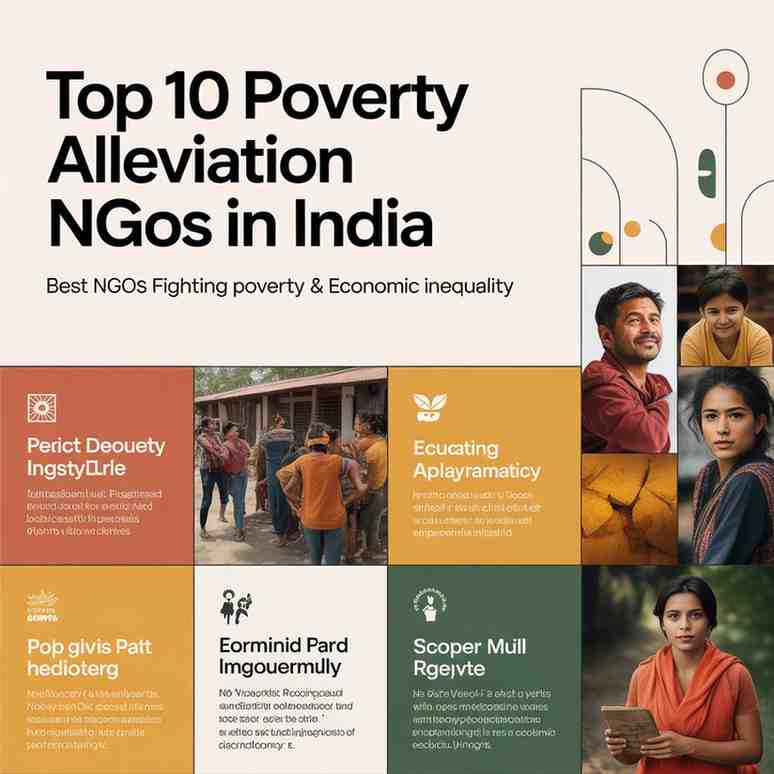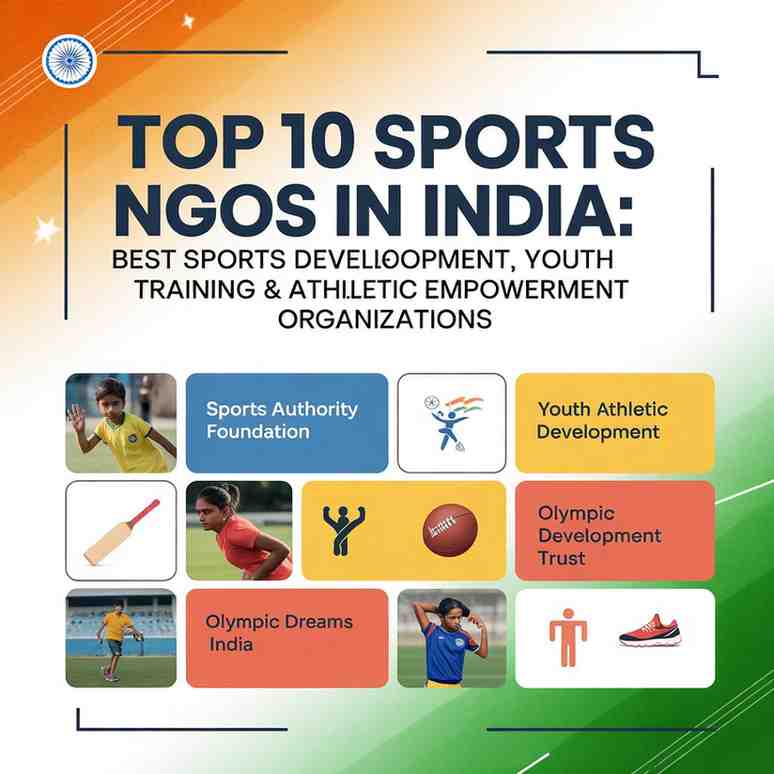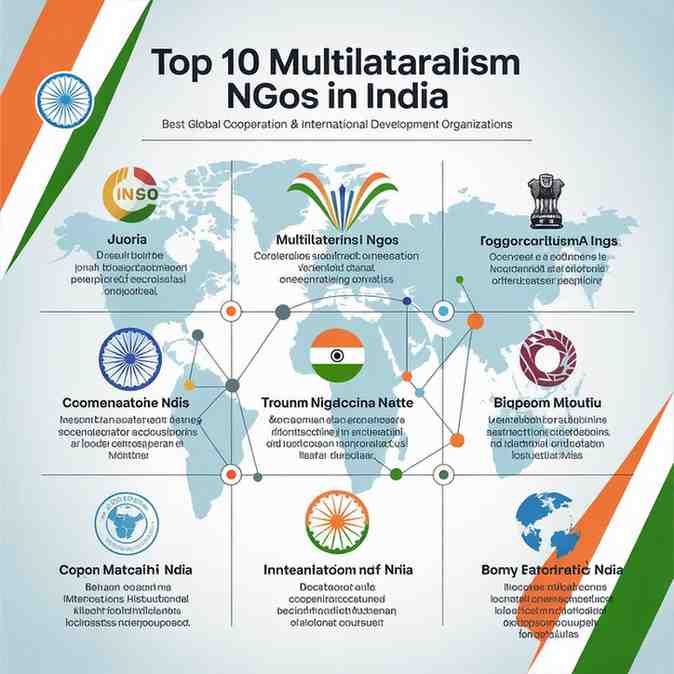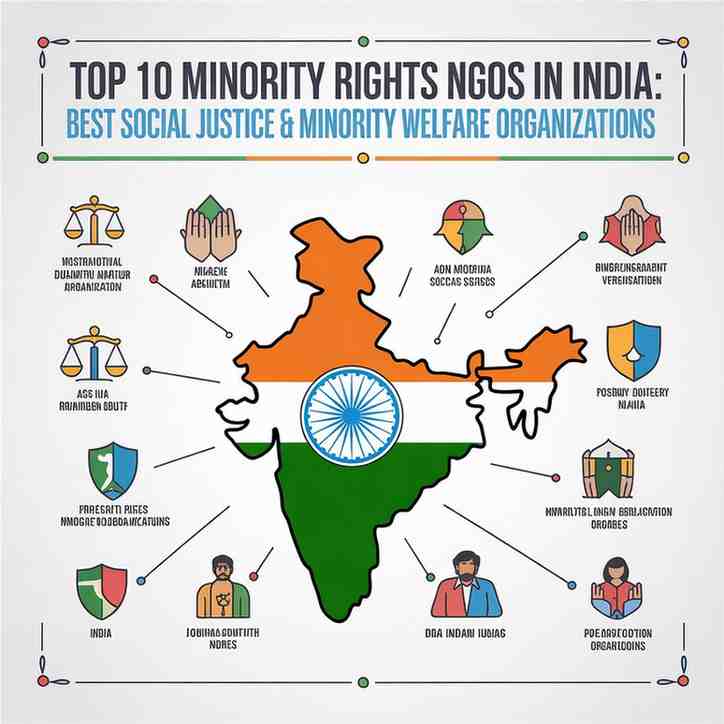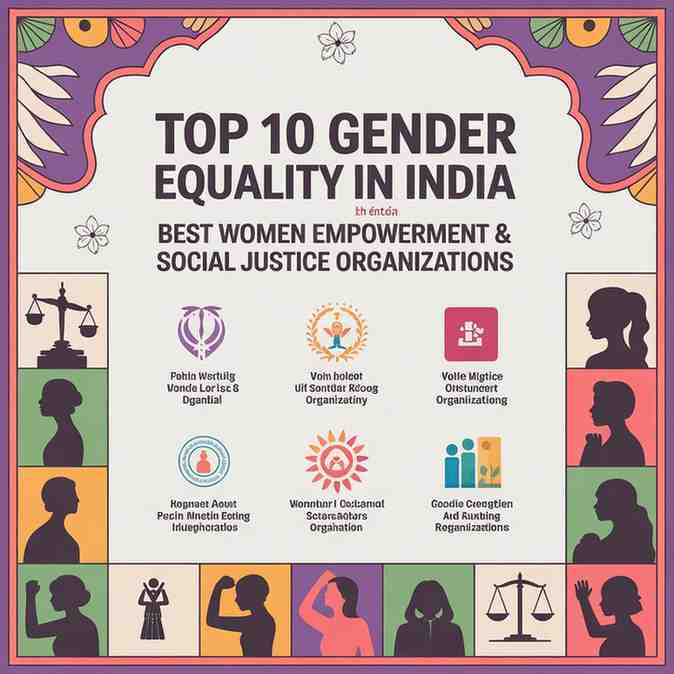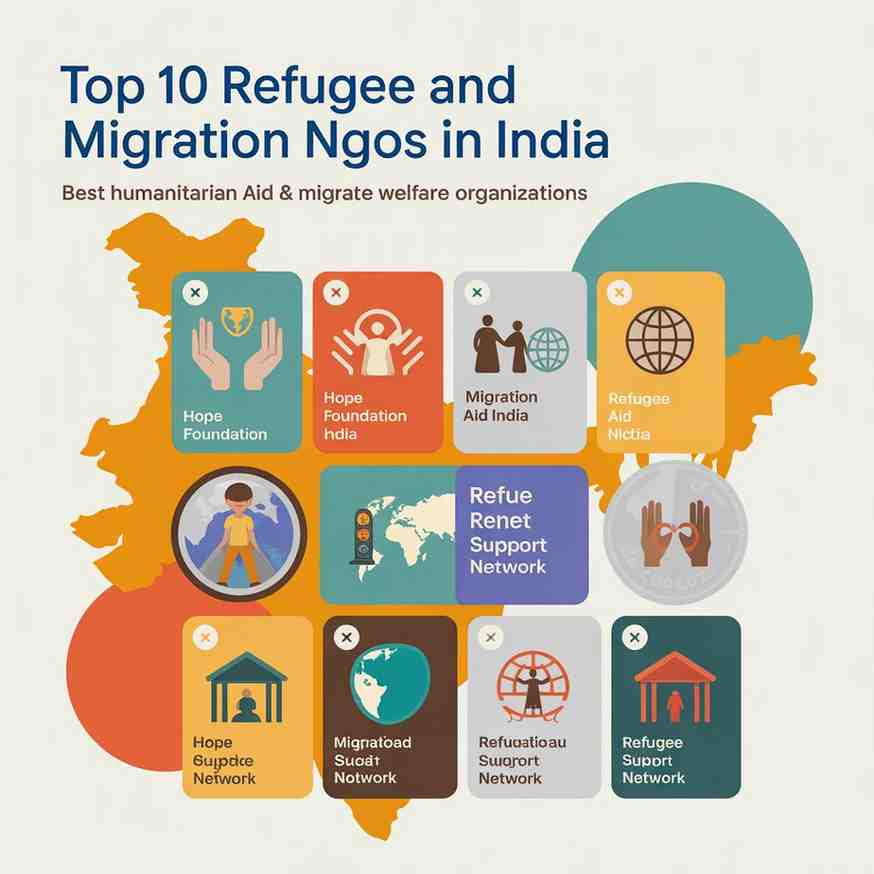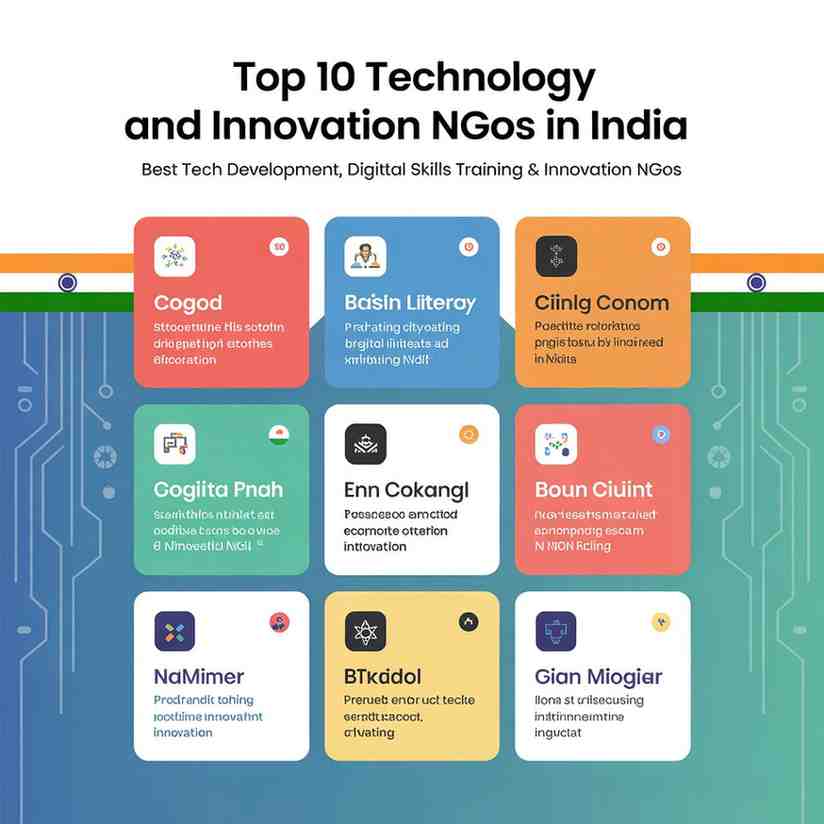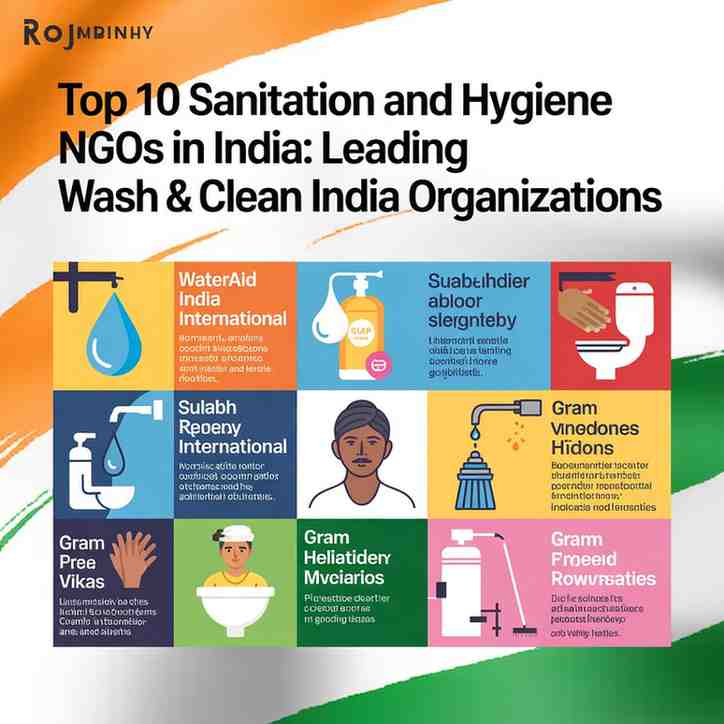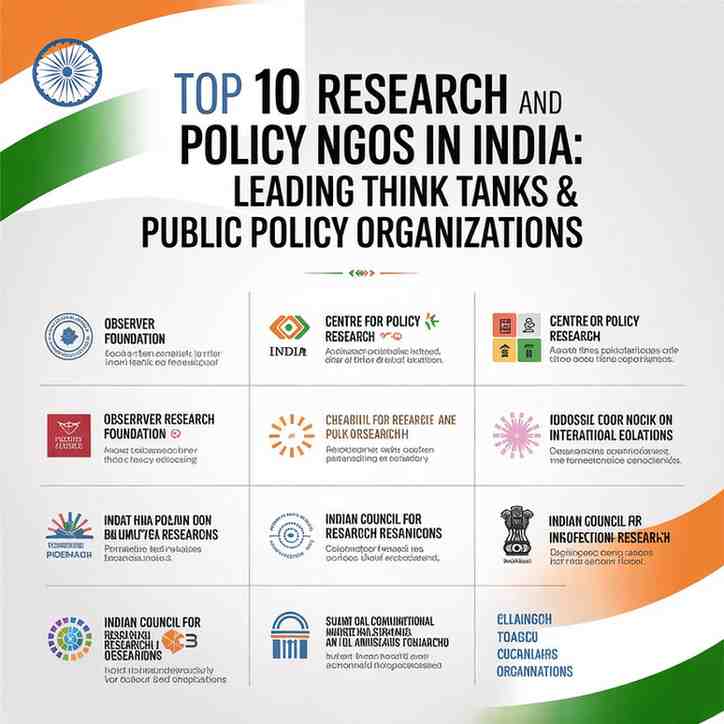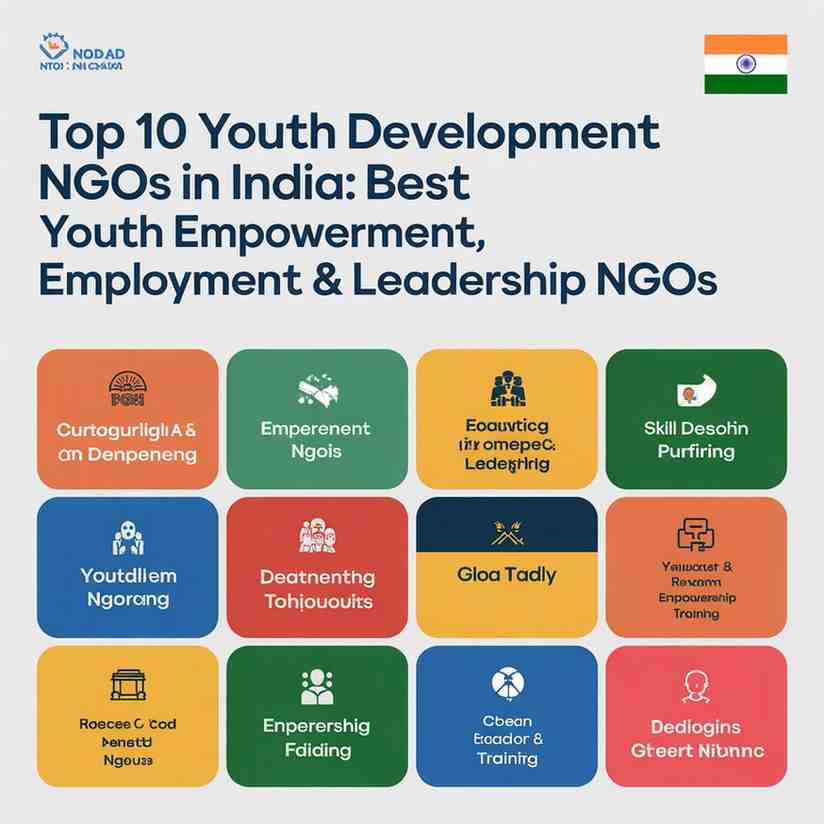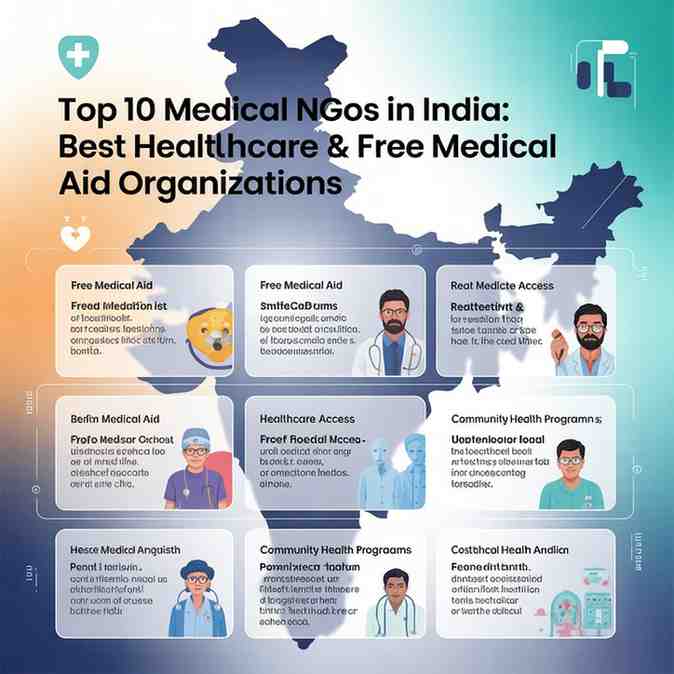Starting an NGO (Non-Governmental Organization) is a meaningful way to give back to society. In addition, it allows you to address social challenges and make a positive impact in areas like education, health, the environment, and social welfare. However, to gain legal recognition, tax benefits, and access to grants, NGOs in India must undergo a formal registration process known as NGO Registration. In this context, this blog will walk you through the different types of NGOs, the essential steps for registration, the required documents, and the legal considerations necessary to start your journey as a registered NGO.
1. Types of NGOs in India
Before registering an NGO, it’s crucial to determine which type best aligns with your objectives, as each has unique legal implications and requirements. In India, NGOs are primarily registered under three legal frameworks:
1. Trust
Registered under the Indian Trusts Act, a trust is suitable for charitable purposes, such as poverty relief, education, or healthcare. Trusts are relatively straightforward to set up and involve less regulation.
2. Society
Societies are registered under the Societies Registration Act, 1860, and are ideal for organizations focused on community development, education, and social welfare. Societies require at least seven members for registration and must have clear bylaws.
3. Section 8 Company:
Under the Companies Act, 2013, Section 8 Companies are incorporated for promoting charitable activities. They have stricter regulations but allow for limited liability and easier foreign funding options.
2. Key Differences Between Trusts, Societies, and Section 8 Companies
|
Aspect |
Trust |
Society |
Section 8 Company |
|
Governing Law |
Indian Trusts Act |
Societies Registration Act |
Companies Act, 2013 |
|
Minimum Members |
2 Trustees |
7 Members |
2 Directors and 2 Shareholders |
|
Governance |
Less rigid |
Medium regulation |
Strict governance |
|
Foreign Funding |
Limited |
Moderate |
Easier FCRA approval |
|
Liability |
Unlimited |
Limited |
Limited |
3. Steps for NGO Registration
Step 1: Choose the Type of NGO
The first step is to decide on the type of NGO that aligns with your mission. Choose from Trust, Society, or Section 8 Company based on your objectives, structure preferences, and the level of compliance you are comfortable with.
Step 2: Obtain Documentation
For all types of NGOs, you will need the following basic documents:
- Identity Proofs: Copies of PAN cards, Aadhaar cards, or passports of the founders or trustees.
- Address Proofs: Proof of residence for the NGO’s office, such as utility bills or lease agreements.
- Objective Statement: A clear statement outlining the purpose and objectives of the NGO.
Each type of NGO may require additional documentation, as detailed below.
Step 3: Draft the Constitution or Trust Deed
- For a Trust: Create a trust deed, which includes details like the name of the trust, objectives, and trustee details. The deed should be signed on stamp paper in the presence of a notary.
- For a Society: Draft a Memorandum of Association (MOA) and Rules & Regulations, including the society’s objectives, member details, and administrative rules.
- For a Section 8 Company: Prepare the Memorandum of Association (MOA) and Articles of Association (AOA) outlining the objectives, governance, and administrative rules.
Step 4: NGO Registeration with Relevant Authorities
- Trust: Register the trust deed with the local Registrar of Trusts in your area. It requires the physical presence of the trustees and witnesses.
- Society: Submit the MOA, Rules & Regulations, and identity proofs of all members to the Registrar of Societies in the state where the society is based.
- Section 8 Company: Apply for registration through the Ministry of Corporate Affairs (MCA) portal, including obtaining a Digital Signature Certificate (DSC) and Director Identification Number (DIN) for all directors.
Step 5: Obtain a PAN Card for the NGO
Once registered, apply for a PAN (Permanent Account Number) in the name of the NGO. This is mandatory for tax purposes and to open a bank account.
Step 6: Apply for Tax Exemptions
To avail tax benefits, NGOs can apply for the following exemptions under the Income Tax Act:
- 12A Registration: Exempts the NGO from paying income tax on donations received.
- 80G Registration: Allows donors to claim tax deductions on their donations to the NGO.
Step 7: Register for FCRA (if applicable)
If your NGO plans to receive foreign donations, it must obtain Foreign Contribution Regulation Act (FCRA) approval from the Ministry of Home Affairs. This is a mandatory step to ensure compliance with foreign funding regulations.
4. Required Documents for NGO Registration
Here is a list of key documents typically needed for NGO registration:
- Identity Proofs of founders (PAN, Aadhaar, or passport)
- Address Proof for the office location
- Objective Statement or detailed description of the purpose
- Constitution Documents:
- Trust: Trust Deed
- Society: Memorandum of Association and Rules & Regulations
- Section 8 Company: MOA and AOA
- Digital Signature Certificate (for Section 8 Company)
- Director Identification Number (DIN) (for Section 8 Company directors)
5. Important Legal Considerations
- Annual Compliance: NGOs must submit annual reports and audit statements to ensure transparency and accountability.
- Board Meetings: Regular meetings of trustees, members, or directors should be conducted to review activities, finances, and planning.
- Foreign Funding Compliance: NGOs receiving foreign contributions must comply with FCRA guidelines, including separate accounting and annual reporting.
- Income Tax Returns: NGOs registered under 12A and 80G are still required to file annual tax returns, even if they are tax-exempt.
6. Benefits of Registering an NGO
a. Legal Recognition
A registered NGO gains legal recognition, enabling it to open bank accounts, engage in contracts, and receive grants and donations.
b. Tax Benefits
Registration allows NGOs to apply for tax exemptions under the Income Tax Act, making them more attractive to donors who can receive tax deductions on their contributions.
c. Access to Funding and Grants
Registered NGOs can apply for government grants, CSR (Corporate Social Responsibility) funds, and international donations, expanding their financial resources.
d. Public Trust and Credibility
A registered NGO gains credibility, which fosters trust among donors, volunteers, and the communities they serve. Furthermore, it assures stakeholders that the organization operates within legal frameworks and is accountable. As a result, this credibility enhances the NGO’s reputation, attracting more support and resources to fulfill its mission.
7. Challenges Faced in NGO Registration and Operation
While registering an NGO has many benefits, there are also challenges to be aware of:
- Compliance Costs: Meeting legal compliance, especially for Section 8 Companies, can be costly and time-consuming.
- Complex Regulations: Different states have varying regulations for trusts and societies, which can complicate the process.
- Funding Limitations: NGOs often struggle with limited funding, which can impact their ability to operate effectively.
- Documentation Requirements: The need for comprehensive documentation can be overwhelming for new founders, especially those unfamiliar with legal procedures.
8. Tips for Starting and Registering an NGO
- Define Your Mission Clearly: Have a clear mission statement that outlines your objectives and goals, helping you attract like-minded people and funding.
- Build a Strong Team: An NGO’s success depends on dedicated team members who are committed to the cause.
- Prepare for Compliance: Ensure you understand the compliance requirements for the type of NGO you’re registering, including annual reports, audits, and tax filings.
- Engage with the Community: Build relationships with local communities, government bodies, and other NGOs to strengthen your support network.
- Create a Transparent Financial System: Maintain detailed records of all financial transactions, especially donations and grants, to build trust and ensure accountability.
Conclusion
Starting an NGO requires careful planning, commitment, and a deep understanding of the registration process. First and foremost, by following the correct steps and selecting the appropriate legal structure, your NGO can gain the legal recognition it needs to operate effectively. Additionally, this recognition enables your organization to receive donations and make a meaningful impact. For instance, organizations like Unessa Foundation began with a clear mission and determination, growing over time to support causes that change lives.
Moreover, registering your NGO is the first step in a rewarding journey of social impact and community transformation. Regardless of whether your focus is education, health, environment, or social welfare, the right foundation and commitment will help you create lasting, positive change.





